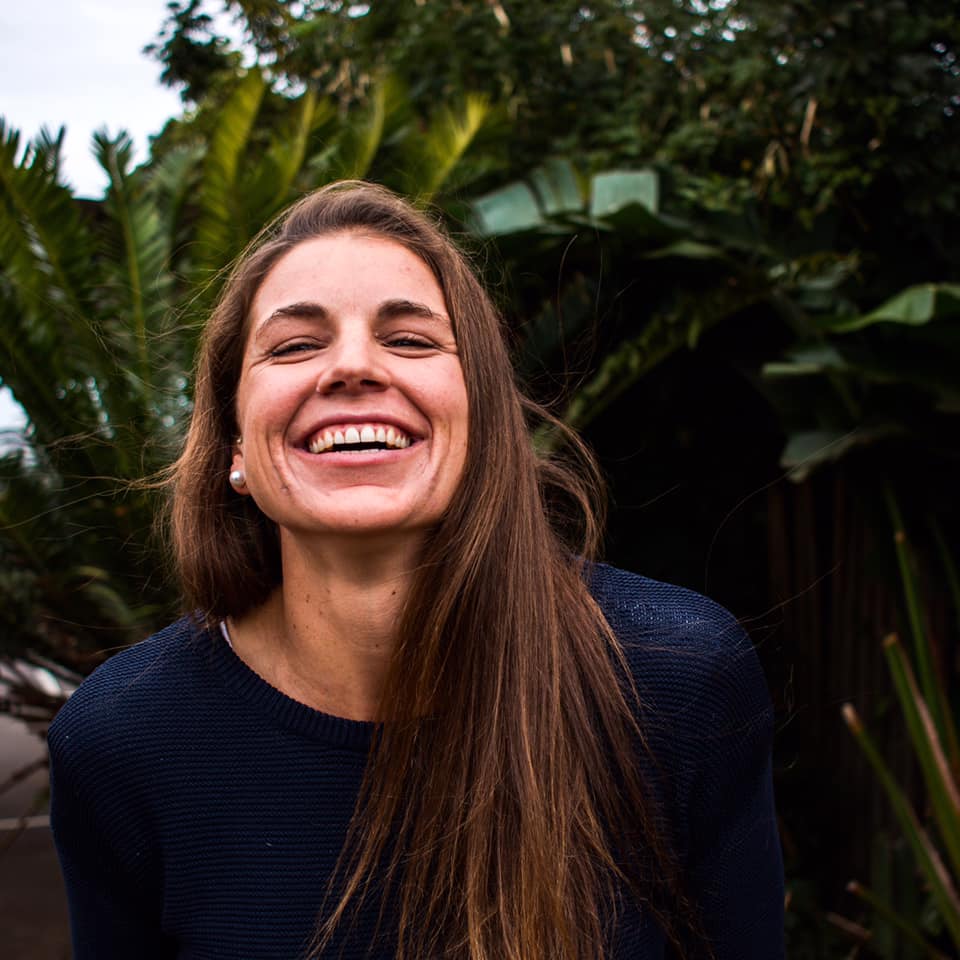
We interviewed Lee Persse retired South African Rower about depression.
Lee, when did you start rowing?
I started rowing at School in 2004 at Somerset College. I was 16 years old when I started rowing.
At what point did the Olympics become a dream and what did it take to make the RMB National Squad?
The Olympics became a reality very soon after I started rowing. About 1 year after rowing my coach said I had a lot of potential and could go far if I wanted. There was talk of rowing for South Africa and the potential of maybe one day the Olympics. I didn’t look back after that, the seed was planted. It took a while for me to get into the National Squad. I applied to the High performance centre my first year out of school but wasn’t accepted so looked elsewhere and was offered a scholarship to row in the States at Boston University. I made alot of progress strength wise while in the states and once I broke 7min on the ergo for my 2km people started to take notice and before I knew it the head coach, Roger Barrow was in touch and asking me to come back to SA to trial for the Women’s Pair. I started rowing in 2004 but would take my first stroke in the Green and Gold only in 2010.
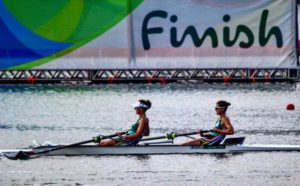
In 2016 you raced at the Rio Olympics. What is it like representing South Africa and racing against the best in the world at the Olympics?
In 2012 I also raced in the London Olympics, so Rio was my 2nd time at the games and really was the most amazing experience for me. This was because I hard learnt so much from London and grown as an athlete and a person, with a much more mature approach to not only racing and competing but also to life. I was a different athlete and person. Rio was an awesome racing experience because compared to London we felt we could actually be competitive against the best in the world and weren’t just there for the experience. The racing was intense but we where able to race to our potential and that is always the goal. Representing SA is always a proud moment for me and racing in Rio was even more special because of the bond we had made as a team and the we had trained and prepared for Rio was something really special and unique. I will never forget those bonds and that time we had together.
How did the RMB National Squad do and specifically how was your race?
Of the 5 SA boats that raced all of the boats made the A final. The Men’s pair won a phenomenal silver medal, while the light-weight womens double and womens pair achieved 5th places and the mens four and light-weight mens double got a fourth place. With so many races being so close to winning medals and then just not quite achieving the podium place, the results where bitter sweet. But still a phenomenal day for SA rowing with all 5 boats in the top 5 in the world!!!!
Our race was great, we raced to our potential and unfortunately it wasn’t enough to match the speed of the top boats in our race – to be honest I can’t remember much of the race it goes by so quickly but I just remember shouting “more” all the way down the course!!!!
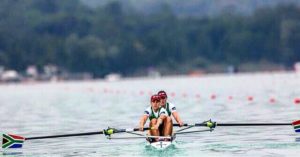
Why did you retire from rowing after the 2016 Rio Olympics?
There really a lot of reasons I retired and it took me almost a year to make the final decision. But ultimately I decided that I just couldn’t go on at the level of intensity needed to achieve our standard anymore. Physically I was probably in my best shape in Rio and felt I was only getting stronger. Mentally I had used a lot of energy and could feel the environment was no longer healthy for my mental state, the support wasn’t where it needed to be to support me mentally. As usual there is always financial strain, but on a personal front with relationships and family i just felt I had put too much negative strain on these aspects of my life and I needed to give them more attention. I didn’t feel like I could do both and relationships with people, family and friends are very important to me. I had done my rowing and felt it was now time to spend time with family and friends.
Lee, you have become vocal about athletes dealing with depression. When did you start dealing with depression?
I started dealing with depression shortly after the London Olympics. Since then I have been up and down and gone through good times and not such good times. It has been pretty constant since London but there have been times when I haven’t really felt it at all and other times when I have felt it really badly.
With the 10th October being Mental Health Day, what have you learnt about depression and mental health?
The most important thing I have learnt is to speak up and ask for help. Don’t struggle alone. Depression is often frowned upon, but there are more people than you think out there that are dealing with depression. The problem is no one really talks about it and therefore everyone feels like they are alone and the only one. The sooner you accept what you are going through the sooner you can start dealing with it head on and getting help from others as well.
Is it common for athletes to deal with depression?
I think it is very common. People just don’t think it is because we as athletes always try and be strong and not show weakness. Some athletes will most likely never open up about it and struggle for years without really knowing what is happening to them. With the long strenuous hours we train for, the mental strain, being away from family and friends, fatigue, the stress of competing and performing. I’m still not sure why people are surprised that athletes do suffer from depression, it shouldn’t come as a shock. Rather steps should be being put in place by federations to ensure athletes never have to feel like things are too much and that they can’t cope.
After speaking about depression, how has family, friends and society treated you?
After speaking out about my depression the feedback has being overwhelmingly positive. I have not had one negative bit of feedback. Family, friends, society, everyone has been so supportive. Not only athletes but others have reached out to me and shared their struggles with me. What’s amazing is that people have responded with saying how relatable it is what I am talking about and that is all I wanted was for people to be able to relate to me and feel comfortable to speak up. We need to start the conversations and allow a space where people feel comfortable to speak about depression.

What advice would you give anyone dealing with depression?
My advice would be to speak about it as soon as possible. Find someone you feel comfortable talking to and reach out to them. Don’t be afraid, family and friends are always best, I find that they never judge you and are always supportive no matter what. Thats the first step, after that you will already feel a weight has been lifted off your shoulders and then it is important to look after yourself, put yourself first and do what’s right for you. Depression is not fixed over night and is something that needs to be worked at every day. Some days will be better than others, but accepting it and dealing with it you will soon find that the cloud is lifted.
Its less than a year away from the Tokyo 2020 Olympics and you will know first hand how much focus and dedication is going into qualifying and preparing. South Africa has won medals in previous Olympics with very little support, what do you think makes South Africa good at rowing?
In my experience while I was part of the squad – it was the culture we created. We where a family, we supported each other through everything and always worked on creating an environment that would help us to achieve our goals. I think it also had something to do with the fact that we where a small team with a fair amount of experience between us, learning from each other. The work we put in from London to Rio was a really great cycle, the results kept improving each year with our Pinnacle being Rio which is obviously the goal to get the best results at the Olympics. We managed to train with a lot of consistency even though we still had injuries and illness’s there just seemed to be a culture of never give up and do whatever you can to achieve your goals.




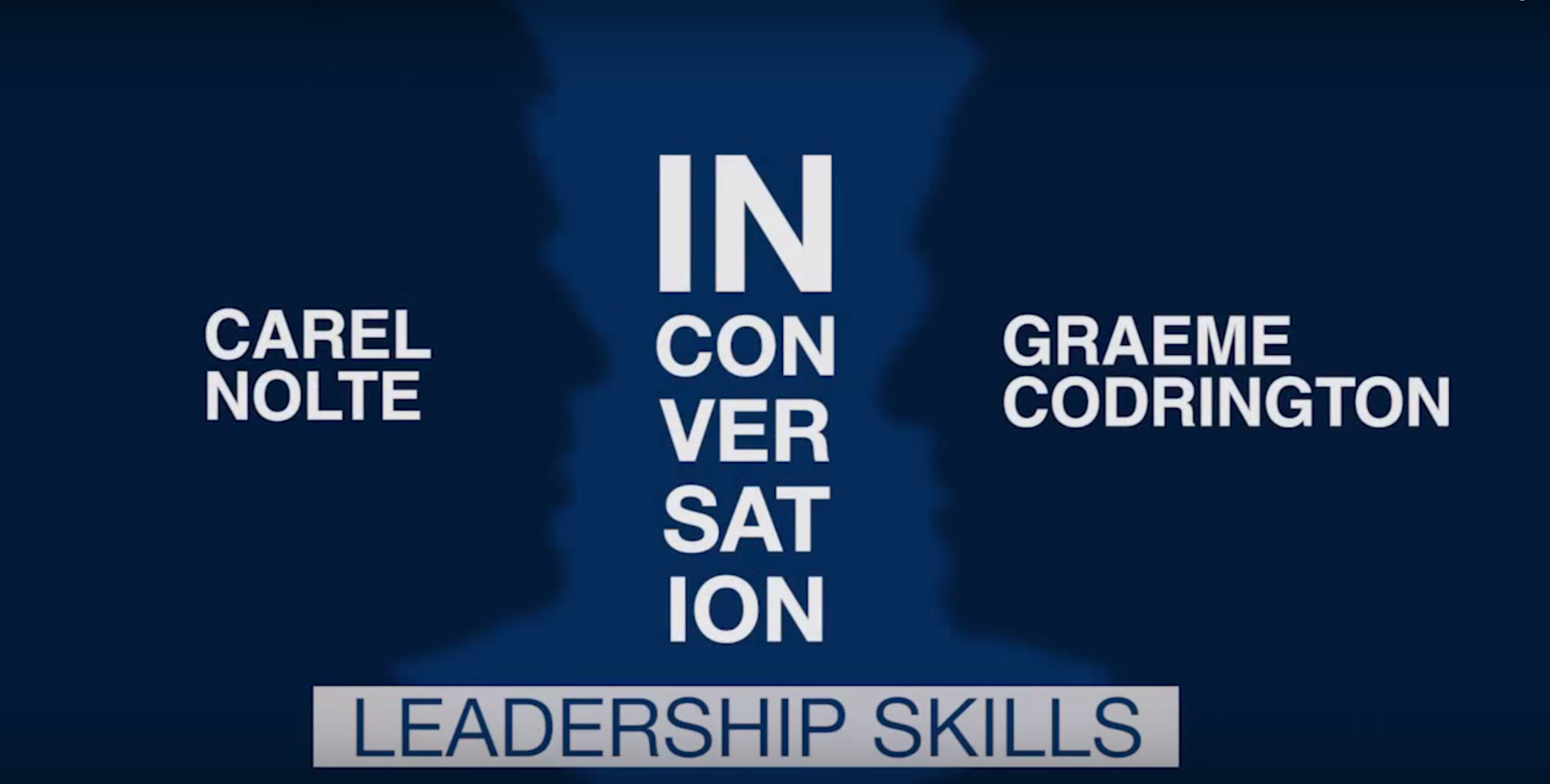
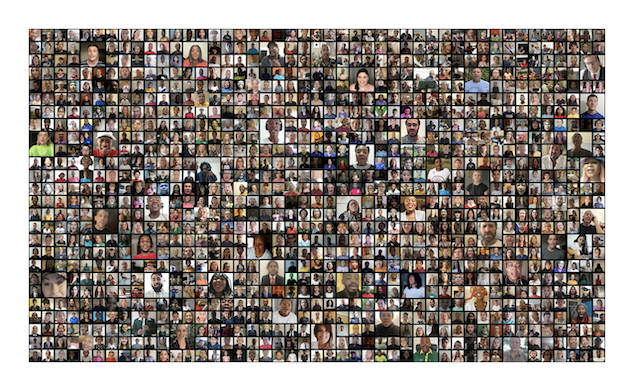

Leave a Reply